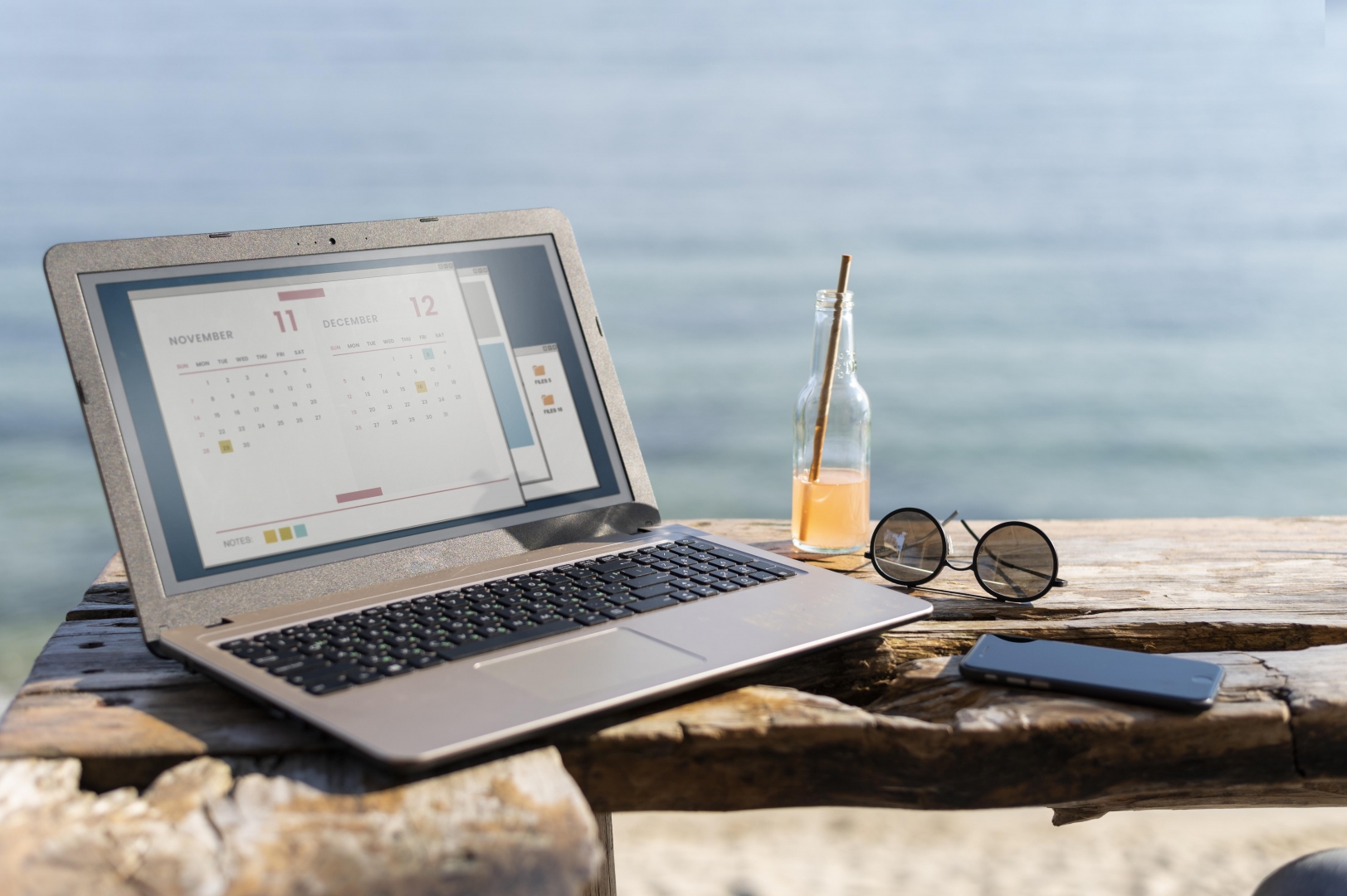The concept of workation has gained significant popularity in recent years as more individuals seek a harmonious blend of work and leisure. Imagine breaking away from the confines of your regular office space and embarking on a rejuvenating journey where you can work remotely while exploring new destinations and immersing yourself in different cultures. In this blog, we will delve into the world of workations, exploring the benefits they offer and providing a comprehensive guide on how to organize your very own productive retreat.
What is a Workation?
A workation, also known as a working vacation or remote working retreat, is a concept that allows professionals to combine work and travel seamlessly. It involves temporarily relocating to a different destination, either domestically or internationally, while continuing to fulfill work responsibilities remotely. Workations offer a unique opportunity to escape the monotonous office environment, experience new surroundings, and find inspiration in diverse landscapes and cultures.
Benefits of a Workation:
Increased Productivity: Workations provide a change of scenery, breaking free from the usual routine. This change can boost productivity and creativity, as the mind thrives on new experiences and environments.
Enhanced Work-Life Balance: By integrating work and leisure, workations offer the chance to strike a balance between professional commitments and personal enjoyment. You can explore your surroundings during free time or engage in activities that promote relaxation and well-being.
Cultural Immersion: Workations provide a chance to immerse yourself in different cultures, interact with locals, and gain a deeper understanding of the destination you choose. This cultural immersion can foster personal growth and broaden your perspectives.
Networking Opportunities: Workations often bring together like-minded professionals who are also seeking remote work environments. This offers opportunities for networking, collaboration, and building meaningful connections with individuals from diverse backgrounds.
Organizing Your Workation:
Choose the Right Destination:
Consider the following factors when selecting a destination for your workation:
Internet Connectivity: Ensure that the destination has reliable and high-speed internet access to support your remote work requirements.
Time Zone Compatibility: Take into account the time zone difference between your work location and the destination to ensure effective communication with colleagues or clients.
Safety and Infrastructure: Research the safety and infrastructure of the chosen location, including healthcare facilities, transportation options, and availability of essential amenities.
Accommodation and Workspace:
Look for accommodations that offer comfortable workspaces, such as dedicated desks, ergonomic chairs, and ample natural light. Consider co-working spaces or hotels that cater specifically to remote workers. Ensure the chosen accommodation provides a conducive environment for focused work, as well as relaxation during your downtime.
Plan Your Itinerary:
Balancing work and leisure requires effective planning. Create a realistic schedule that allows dedicated time for work, while also leaving room for exploration and relaxation. Research local attractions, cultural events, and outdoor activities to make the most of your free time. Strike a balance between planned activities and spontaneous adventures, allowing for flexibility in your itinerary.
Communicate with Your Employer or Clients:
Before embarking on your workation, have an open and transparent conversation with your employer or clients. Discuss the logistics, time availability, and expectations during your remote work period. Address any concerns, clarify deliverables, and establish a clear line of communication to ensure a smooth workflow.
Set Boundaries:
While workations offer the freedom to explore, it's essential to set boundaries to maintain a healthy work-life balance. Establish specific work hours, limit distractions, and create a dedicated workspace to enhance focus and productivity. Communicate your availability to colleagues or clients, ensuring they understand your schedule and can reach you when necessary.
Stay Organized:
Utilize productivity tools, such as project management software, calendar apps, and task management systems, to stay organized and on top of your work responsibilities. Set achievable goals and prioritize tasks to maintain efficiency and meet deadlines. Create a daily or weekly work plan, incorporating breaks and time for leisure activities.
Maintain Work-Life Integration:
Embrace the flexibility that workations offer by integrating work and leisure seamlessly. Take advantage of your surroundings during breaks or after work hours. Explore the local culture, try regional cuisine.


